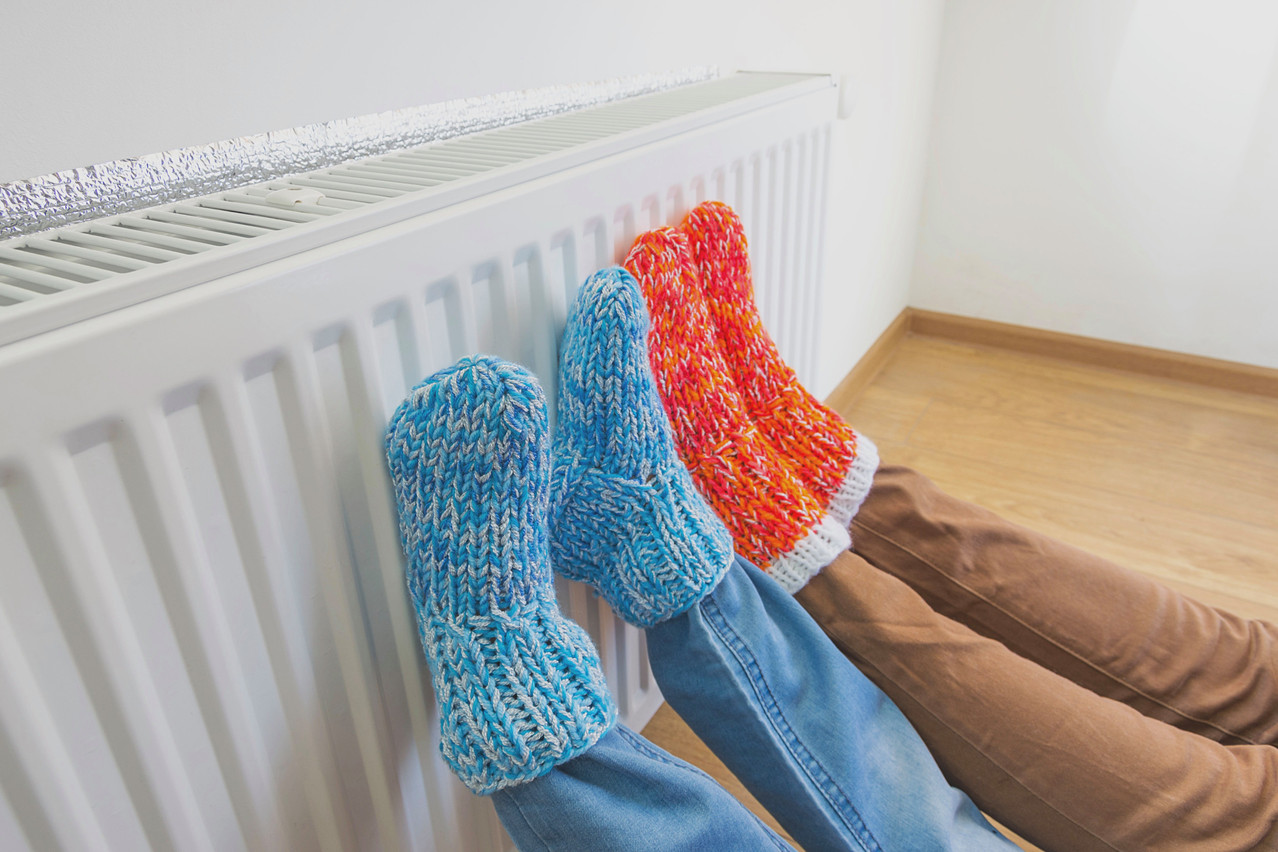As Europe arrives at the end of the winter season and the days begin to lengthen, Luxembourg’s energy ministry has published an update on the country’s consumption of natural gas and consumption. In July 2022, EU member states committed to a voluntarily reducing natural gas demand by 15% between 1 August 2022 and 31 March 2023 to prepare for possible disruptions to gas supply from Russia during the winter.
The grand duchy has consistently met this 15% goal. What’s more, it has reduced its gas consumption by more than 15% every month this winter--by 36.3% in October, 33.7% in November, 18.2% in December and 25.5% in January. The most recent figures show that Luxembourg decreased its natural gas consumption by 22.4% in February.
Cumulatively, Luxembourg’s reduction in natural gas consumption is 27.2%, reports the energy ministry.
The EU used to get a lot of its gas from Russia-- say that the EU got around 50% of its gas from Russia, and 50% from other sources in 2021. With the start of Russia’s full-scale invasion of Ukraine, the EU shifted to importing gas from countries like the United States, Norway, Algeria, Qatar and Nigeria. In November 2022, the EU was getting nearly 90% of its gas from sources other than Russia, according to the European Commission.
The grand duchy last year launched a campaign called “” (saving together--sticking together) with tips and financial aid for energy-saving measures, such as lowering the heating or installing photovoltaic panels, while communes took steps like turning off street lights or .
Household during the first six months of 2022 when compared to 2021. Parliament in November 2022 as part of the September tripartite agreement.
A relatively may have also contributed to Luxembourg successfully meeting its gas reduction goals: MeteoLux found that the average winter temperature this winter was 3.3°C, or 1.4°C warmer than the reference period (1991-2020).
Decreased electricity consumption
Luxembourg’s electricity consumption has also dropped, notes the energy ministry, and has been decreasing since June 2022. In February 2023, the country reduced its electricity consumption by 8.94% when compared to the reference period of 2017 to 2022.
